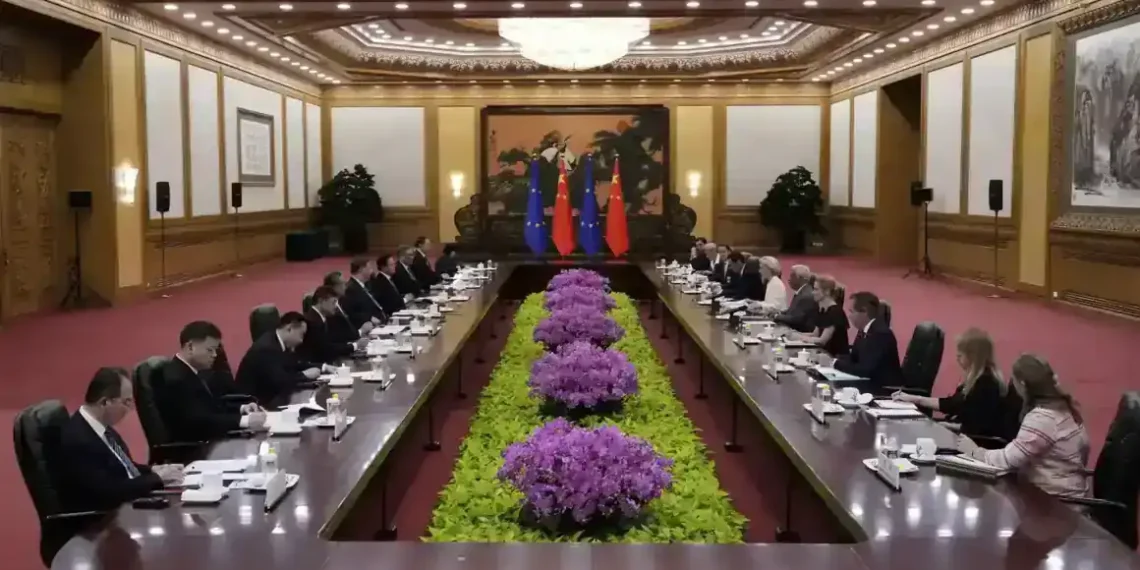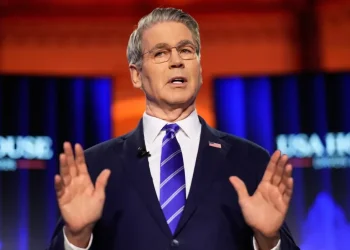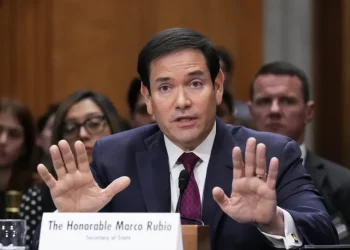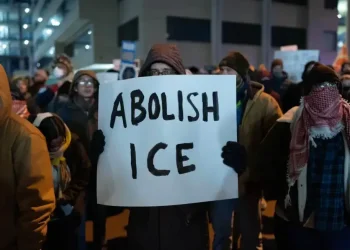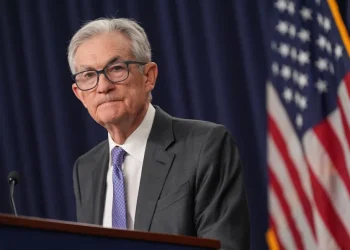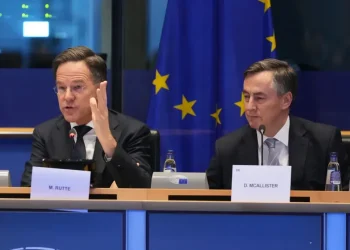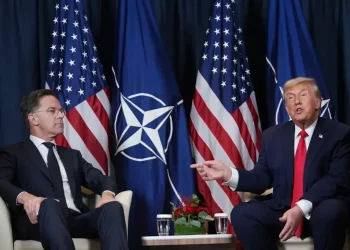EU and China strike climate accord in tense Beijing summit
July 25, 2025 – 9:18 AM
In a high-stakes summit marked by growing distrust and unresolved disputes, the European Union and China managed to issue a rare joint commitment on climate change—but little else. Held Thursday in Beijing, the bilateral meeting was dominated by friction over trade imbalances, Ukraine, and competing global strategies, leaving both sides at odds despite their shared environmental concerns.
Climate change becomes rare point of agreement
Amid a strained diplomatic atmosphere, the EU and China agreed to a joint declaration urging stronger action to fight climate change. Both parties reaffirmed their support for the Paris Agreement and called for ambitious global efforts leading into the COP30 summit in Brazil.
“In the fluid and turbulent international situation today, it is crucial that all countries, notably the major economies, maintain policy continuity and stability and step up efforts to address climate change,” the joint statement read.
Chinese President Xi Jinping and top EU officials, including European Commission President Ursula von der Leyen and European Council President António Costa, underscored their intent to coordinate more closely on environmental issues—offering a narrow but notable area of cooperation amid broader discord.
Trade tensions dominate the summit
The climate agreement stood in stark contrast to tense exchanges over trade. Von der Leyen called for a more balanced and reciprocal relationship, noting that while cooperation had deepened, economic imbalances had worsened.
“We have reached an inflection point. Rebalancing our bilateral relation is essential,” she said in her opening remarks, pointing to the EU’s €300 billion trade deficit with China.
China’s rapid export growth—particularly in green technology and electric vehicles (EVs)—has alarmed EU industries and prompted calls for stronger trade defenses. European automakers are especially concerned about losing ground to heavily subsidized Chinese EVs, which are rapidly gaining market share across the bloc.
No progress on Ukraine, human rights, or cyber concerns
Despite repeated pleas, the EU failed to sway Beijing on its neutral stance toward Russia’s invasion of Ukraine. Costa urged China to leverage its influence over Moscow, echoing a long-standing European demand. But Xi avoided direct mention of the conflict and instead emphasized global stability and the need for “setting aside differences and seeking common ground.”
The summit also offered no breakthroughs on other contentious issues, including alleged Chinese cyberattacks, espionage, export controls on rare earth minerals, and concerns over human rights violations in regions such as Xinjiang, Tibet, and Hong Kong.
Von der Leyen and Costa reportedly raised these matters behind closed doors, but China offered no indication of shifting its position. Instead, Xi criticized the EU’s restrictive trade measures and urged Brussels to provide a “fair business environment” for Chinese firms operating in Europe.
U.S. pressure complicates EU-China ties
The summit took place against the backdrop of increasing geopolitical pressure from the United States. The EU is navigating a delicate path between Washington’s hardline approach to Beijing and its own economic interests with China.
“Europe is being very careful not to antagonize President Trump even further by looking maybe too close to China,” said Fabian Zuleeg, chief economist at the European Policy Center. “It will be very hard to achieve something concrete.”
EU leaders are also grappling with the threat of new U.S. tariffs and global economic volatility, which add urgency to their push for trade diversification and strategic autonomy.
Incremental gains on rare earths and minerals
One minor concession came from China’s agreement to “upgrade” its export system for critical minerals, which are vital for the EU’s green transition. Von der Leyen announced a new supply mechanism to fast-track exports of rare earth materials, although details remain scarce.
Analysts expressed skepticism. “It’s unlikely to be a miracle solution for what may become a go-to coercion tool for Beijing in the years ahead,” said Noah Barkin of the Rhodium Group, referencing China’s past use of rare earth exports as geopolitical leverage.
China’s curbs on critical minerals have previously disrupted global supply chains, affecting industries from electronics to electric vehicles. The EU, heavily reliant on China for these resources, is working to reduce that dependency.
Retaliatory trade actions deepen rift
In response to the EU’s tariffs on Chinese EVs, Beijing has launched investigations into European pork, dairy products, and luxury spirits such as French cognac and armagnac. These moves, along with concerns over tighter EU regulations on medical devices and other industries, reflect escalating trade retaliation.
China also bristled at the EU’s latest sanctions over Ukraine, which included two Chinese banks. In a statement, the Commerce Ministry pledged to take “necessary measures to resolutely safeguard the legitimate rights and interests of Chinese enterprises and financial institutions.”
Europe pivots to broader alliances
Increasingly wary of relying on either the U.S. or China, the EU is pursuing trade partnerships beyond the world’s two largest economies. Ahead of the Beijing talks, von der Leyen and Costa traveled to Japan to launch a new economic alliance.
The EU is also finalizing trade agreements with South American countries, Mexico, and Indonesia, in a bid to expand its strategic options and reduce economic vulnerability.
“Both Europe and Japan see a world around us where protectionist instincts grow, weaknesses get weaponized, and every dependency exploited,” von der Leyen said in Tokyo. “So it is normal that two like-minded partners come together to make each other stronger.”
A summit of low expectations—and limited results
Originally planned as a two-day meeting, the summit was cut down to a single day with little fanfare. Analysts and officials had forecasted low expectations—and the results largely confirmed them.
“There’s clearly a sense of frustration on the European side after years of being ignored by Beijing,” said Barkin. “We’ll likely see more assertive trade tools rolled out in the coming months.”
Despite the modest progress on climate, the overall tone of the summit underscored the EU’s growing impatience with what it views as unfair economic practices and geopolitical intransigence from Beijing.
Final takeaway
The EU-China summit reaffirmed the global importance of cooperation on climate—but also highlighted the deep and growing rift on nearly every other front. As both powers brace for more challenges ahead, their relationship remains stuck in a cycle of strategic rivalry, economic dependency, and cautious diplomacy.
This article was rewritten by JournosNews.com based on verified reporting from trusted sources. The content has been independently reviewed, fact-checked, and edited for accuracy, neutrality, tone, and global readability in accordance with Google News and AdSense standards.
All opinions, quotes, or statements from contributors, experts, or sourced organizations do not necessarily reflect the views of JournosNews.com. JournosNews.com maintains full editorial independence from any external funders, sponsors, or organizations.
Stay informed with JournosNews.com — your trusted source for verified global reporting and in-depth analysis. Follow us on Google News, BlueSky, and X for real-time updates.
